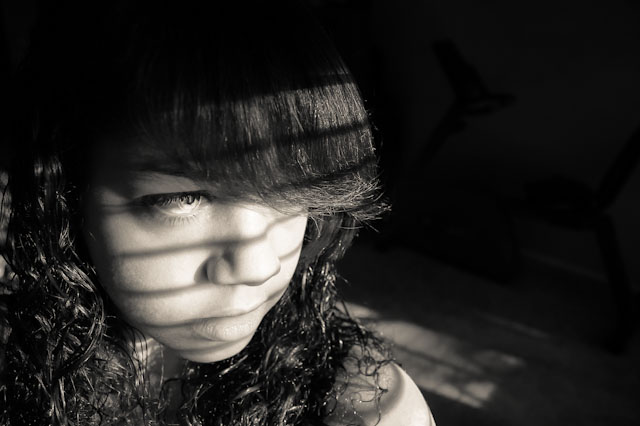Next time someone tells you to stop biting your nails, tell them to stop boring you! A new study has found that people prone to body-focussed repetitive behaviours may be perfectionists.
Body-focussed repetitive behaviours are a group of behaviours where an individual causes damage to themselves. Examples of these behaviours include biting nails, hair pulling, and biting the inside of their cheek. Individuals can spend hours doing these activities, taking away from their day. Engaging in these behaviours can lead to psychological symptoms like depression, shame, and isolation.
In this study, the researchers looked at 24 people that exhibited body-focussed repetitive behaviours and a control group of 24 people that did not exhibit these behaviours. The participants were first screened through a telephone interview then completed questionnaires to evaluate emotions including boredom, anger, and guilt, to name a few. Then, the participants were experimentally exposed to four different situations, designed to provoke different emotions: stress, relaxation, frustration, and boredom.
The researchers found that in the boredom and frustration situations, the participants that had a history of body-focussed repetitive behaviours reported a greater urge to engage in these behaviours than control participants. Moreover, none of the participants felt the urge to perform these behaviours in the relaxation situation. Kieron O’Connor, the principal investigator has stated “We believe that individuals with these repetitive behaviours maybe perfectionistic, meaning that they are unable to relax and to perform task at a ‘normal’ pace. They are therefore prone to frustration, impatience, and dissatisfaction when they do not reach their goals. They also experience greater levels of boredom.”
This new research falls in line with what we already know about perfectionism and its detrimental effects on people. A study has shown that perfectionism can lead to anxiety, depression, and may even be a risk factor for suicide. In fact, two separate studies have looked at the link between perfectionism and suicide. The first study found that when conducting interviews with the loved ones of people that had recently killed themselves, more than half of the deceased were described as perfectionists without prompting. The second study found that more than 70% of 33 men that committed suicide placed exceedingly high expectations on themselves, a trait associated with perfectionism.
It doesn’t take much to imagine why perfectionists are driven to self harm so often. The impossibly high standards that they hold for themselves means that they aren’t happy even when they achieve success. It has been suggested that anxiety over making a mistake may be what is holding them back from success. Research has confirmed that the most successful people in any given field are less likely to be perfectionistic. Imagine having a surgeon that had to be absolutely sure about each cut before making it, their patients would spend much longer on the table, increasing their chance of death.
Check out this TED talk all about perfectionism:

– Siana Lai







